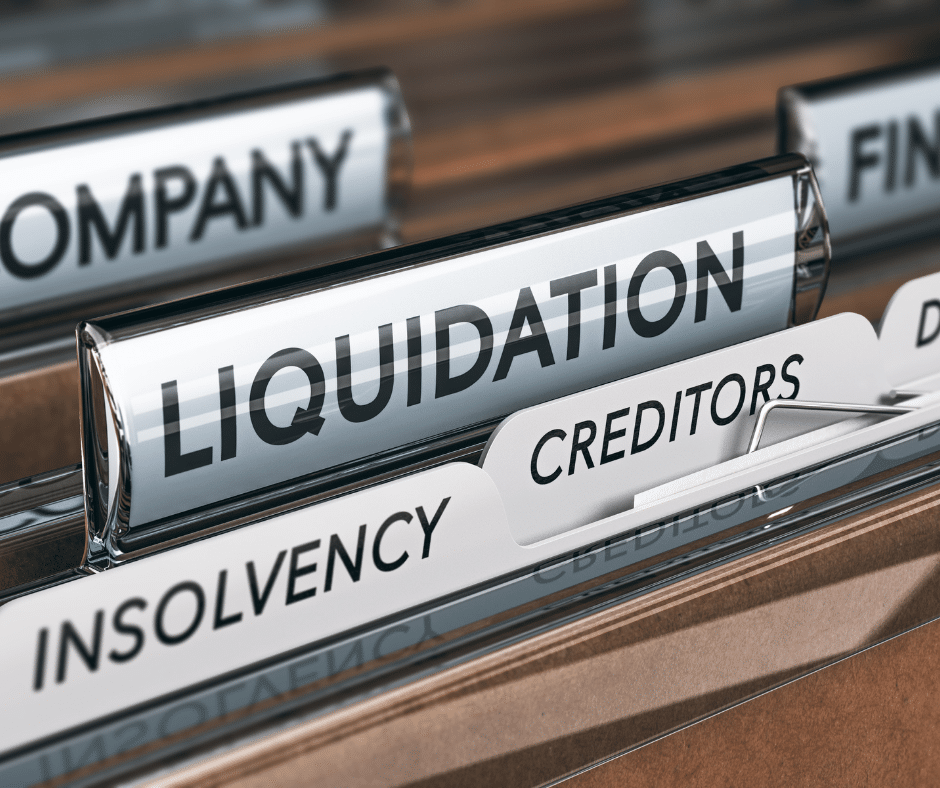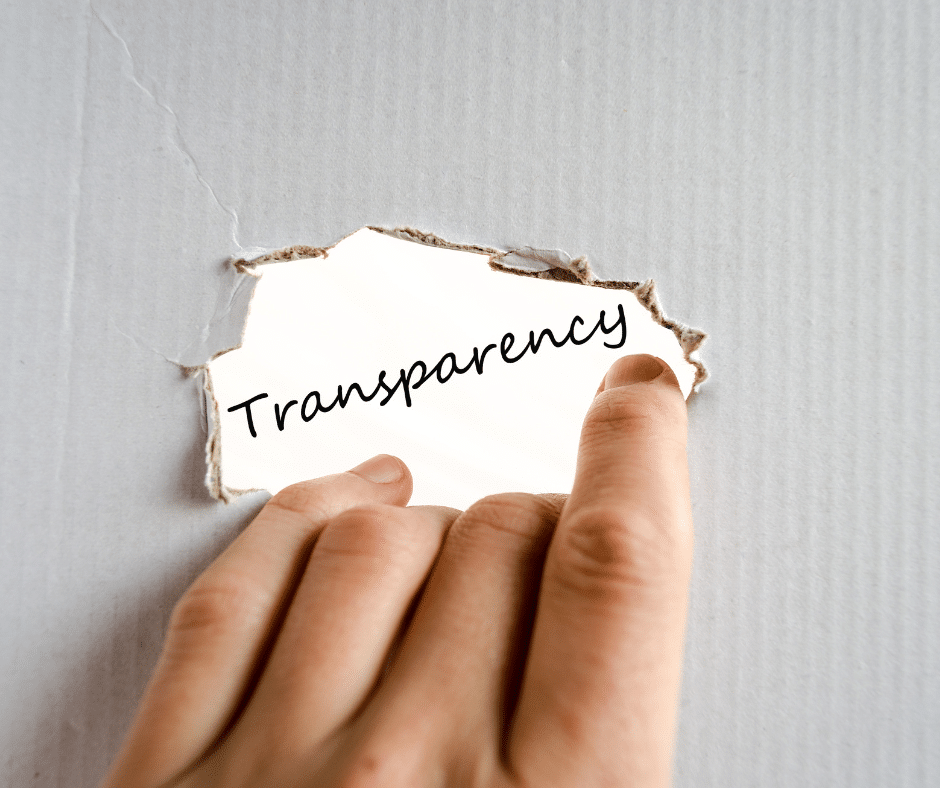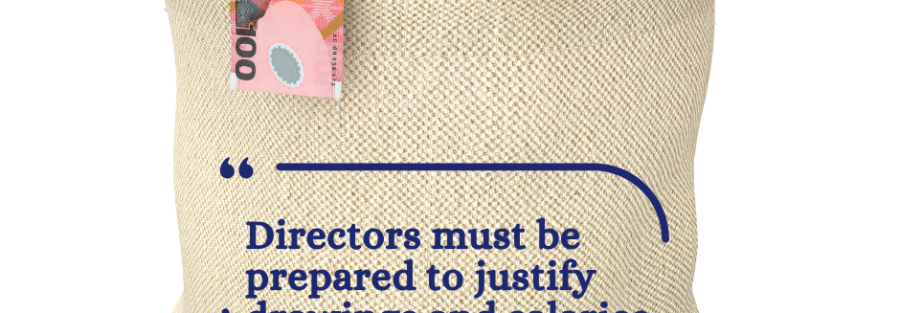[UPDATED 17 OCTOBER 2023]
Failing to properly record company directors’ drawings can have disastrous consequences.
Effective financial management is vital for a business’ success and sustainability. And one crucial aspect of this management is properly recording directors’ drawings.
If you’re a company director, you may be tempted to use the company’s funds to pay for your own personal expenses. These type of transactions are typically called company director drawings. But they are also often classified as salary or dividends.
You might be tempted to withdraw money to pay for your new boat, holiday, pay your mortgage or simply pay yourself a regular “salary”. You may think that what you are doing is reasonable. However, you may be exposed to being held personally liable for the funds you have withdrawn.
In this article, we will explore the importance of properly recording company directors’ drawings.
Legal Compliance
Recording company directors’ drawings accurately is not just a matter of good business practice. It’s often a legal requirement.
Many countries, including New Zealand, have specific legal provisions governing how company directors’ drawings should be recorded and reported.
Failing to comply with these regulations often results in fines, penalties, or legal action against the company and its directors.
Company legislation is strict. If your company is “wound-up” (liquidated) these withdrawals would be subject to close scrutiny by a Liquidator.
A Liquidator is legally bound to collect monies owed to the company and, if necessary, sell the company’s assets.

During a liquidation, they could (and most certainly would) demand that you repaid some, or all, of the withdrawals you made. They would almost certainly make you personally liable for any excess salary paid above market rates or those that exceed the company’s profits.
If you pay yourself drawings, wages, or salary, without preparing the relevant company resolutions and solvency certificates, you may be in breach of company legislation. Or your company’s constitution.
The law doesn’t allow ignorance as an excuse and directors can be heavily fined.
It is a good idea to check your company’s constitution. It may be more stringent than the rules laid out in the Companies Act 1993. The Act stipulates payments to directors requires directors to sign a certificate of solvency.
The certificate formally documents that, in the directors’ opinion, the payments were fair and reasonable to the company. The certificate must also state the basis for the directors’ opinion.
Transparency and Accountability
Another fundamental principles of good corporate governance is transparency. Properly recording company directors’ drawings ensures transparency in financial transactions within the organisation.
When such transactions are accurately recorded, it’s easier for stakeholders, including shareholders, investors, and regulators, to understand how the company utilises its funds.
This transparency helps build trust among stakeholders. They can see that company resources are not being misused or diverted for personal gain. Transparent financial reporting enhances the company’s credibility. This can be critical when seeking investment or financing opportunities.
Ambiguity will not be your friend during a liquidation. Often, seemingly “legitimate” business expenses might be difficult to distinguish from drawings. It’s helpful to record expenses diligently. If they are not recorded correctly, such as entertainment, expenses may be reclassified as drawings.
If a Liquidator has any doubt, they will treat these expense as drawings. It could be very hard for you to prove otherwise if you haven’t kept proper records.

Properly recording directors’ drawings also ensures compliance with tax laws. Drawing funds from a company without proper documentation can lead to tax complications and potential liabilities for both the directors and the company.
It’s crucial you maintain proper accounting records. It’s even more critical you support director’s salaries with duly approved resolutions and paperwork. You should avoid excessive salary payments and ensure that shareholder current accounts are never overdrawn.
Financial Clarity
Accurately recording directors’ drawings provides the company with a clear picture of its financial health. When directors withdraw funds from the company for personal use, it affects the company’s financial statements.
Failing to record these transactions correctly can lead to inaccurate financial statements, which can have far-reaching consequences. Financial clarity is essential for making informed business decisions. When directors clearly understand the company’s financial position, they can make more informed choices regarding investments, expansion, or distributing profits.
Auditing and Due Diligence
Companies often undergo audits, whether for internal purposes or as part of regulatory requirements. Properly recorded company directors’ drawings make the auditing process smoother and more efficient. Auditors can more easily trace the flow of funds, ensuring there are no irregularities or misappropriations.
When the company seeks external investment or acquisition, potential investors or buyers conduct due diligence to assess the company’s financial health. Inaccurately recording company directors’ drawings can raise red flags and deter potential investors or buyers. It can also lead to negotiations breaking down or the company being undervalued.
Protecting Directors’ Interests
Properly recording directors’ drawings also protects the interests of the directors themselves. When withdrawals are recorded accurately, it creates a clear distinction between personal funds and company assets.
This separation is crucial in case of legal disputes or financial difficulties within the company. Directors will more easily demonstrate withdrawals were legitimate and properly accounted for, thereby reducing their personal liability.

Conclusion
Properly recording company directors’ drawings is not just a matter of financial best practice. It is a critical aspect of corporate governance, legal compliance, and financial transparency. Companies benefit by ensuring accurate financial reporting, protecting its directors, and facilitating good decision-making.
Recording these transactions helps build trust with stakeholders and maintains the company’s credibility in the eyes of investors, regulators, and the public. Therefore, businesses should prioritise the accurate and transparent recording of company directors’ drawings to secure their financial stability and reputation.
Prevention is better than the cure. To protect yourself, consider waiting until after you have prepared your company’s annual financial statements. This would enable you evaluate your company’s financial performance and position before setting yourself a future salary.
If your salary is in line with your company’s profits and market rate salaries, you should then record your decision, via a director’s resolution. The resolution should state you have taken the decision after evaluating the company’s financial status.
You should contact your chartered accountant and tax advisor to check or prepare the relevant company resolutions for you to approve. If you don’t, you are at serious risk of being held personally liable to repay the amounts you have taken.
That risk becomes even higher if your company directors’ drawings exceed your pre-approved salary.



